|
|
|
Книги Eagleton Terry

|
Culture is said to be one of the two or three most complex words in the English language, and the term which is sometimes considered to be its opposite, Nature, is commonly awarded the accolade of being the most complex of all. Terry Eagleton's book, in this vital new series from Blackwell, focuses on discriminating different meanings of culture, as a way of introducing to the general reader the contemporary debates around it. In what amounts to a major statement, with pointed relevance to the world in the new millennium, Eagleton launches a critique of postmodern culturalism, arguing instead for a more complex relation between Culture and Nature, and trying to retrieve the importance of such concepts as human nature from a non-naturalistic perspective. His book sets its face against a certain fashionable populism in this area, as well as drawing attention to the deficiencies of elitism. It makes radical inquiry into the reasons, both creditable and discreditable, why culture has come in our own period to bulk as large as it does, and provocatively proposes that it is time, while acknowledging its significance, to put it back in its place. |

|
Philosophers have an infuriating habit of analysing questions rather than answering them, writes Terry Eagleton, who, in these pages, asks the most important question any of us ever ask, and attempts to answer it. So what is the meaning of life? In this witty, spirited, and stimulating inquiry, Eagleton shows how centuries of thinkers — from Shakespeare and Schopenhauer to Marx, Sartre and Beckett — have tackled the question. Refusing to settle for the bland and boring, Eagleton reveals with a mixture of humour and intellectual rigour how the question has become particularly problematic in modern times. Instead of addressing it head-on, we take refuge from the feelings of meaninglessness in our lives by filling them with a multitude of different things: from football and sex, to New Age religions and fundamentalism. Many of the readers of this book are likely to be as sceptical of the phrase the meaning of life as they are of Santa Claus, he writes. But Eagleton contends that in a world where we need to find common meanings, it is important that we set about answering the question of all questions; and, in conclusion, he suggests his own answer. |
|